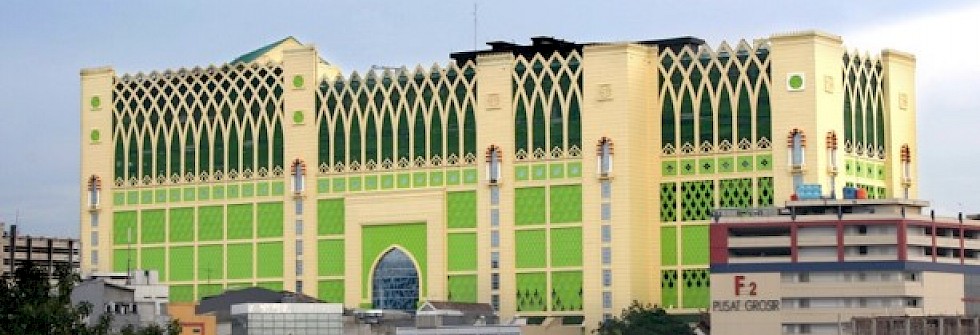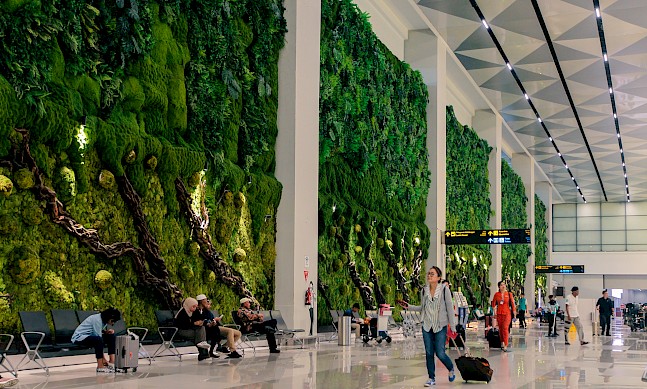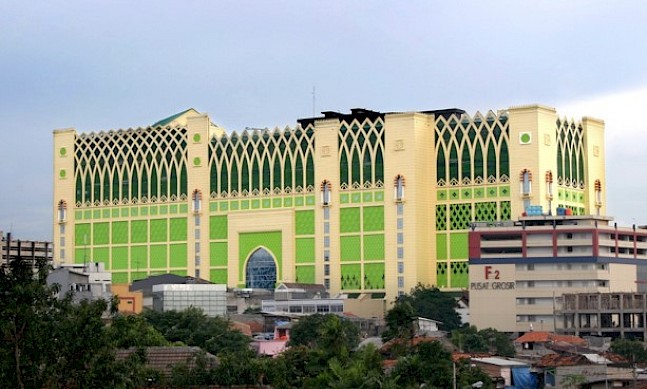Lumbini Park Group is turning sustainability into action across Indonesia’s fast-growing economy through green infrastructure, education hubs, and smart recycling solutions.
Since its founding in 2016, Lumbini Park Group has evolved into a diversified organization with the unifying goal of improving lives across Indonesia. With operations spanning sectors including sustainability solutions, healthcare, education, and property development, the company emphasizes people development and client satisfaction equally. Here, President Director Lucky Prawiro outlines Lumbini’s strategic priorities, his vision for the Group, and opportunities for investor collaboration.
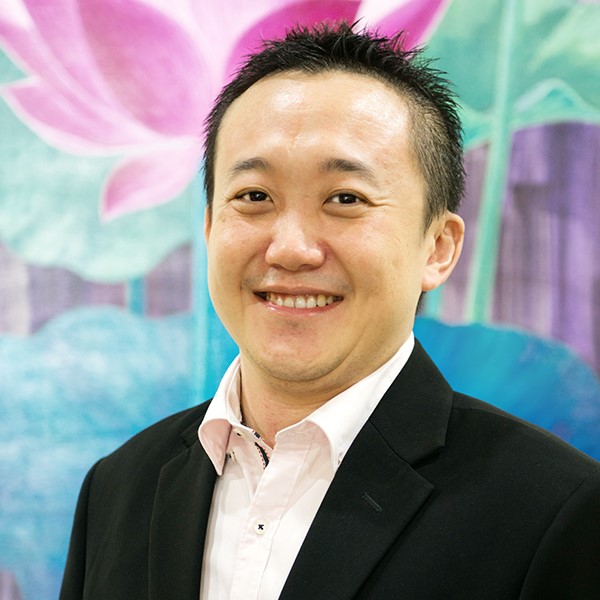
“We develop and offer many sustainable activities to current
and potential clients.”
Lucky Prawiro, CEO, Lumbini Park Group
Tweet ThisQ: What is your vision for Lumbini Park?
Lumbini’s vision has evolved over time, but the core is to follow globalization and modernization while maintaining our principles, values, and culture. Decisions are made in accordance with our company motto: "From the people, for the people, and by the people." Team building and human resource development are also key to achieving customer service excellence and fulfilling stakeholder interests.
Q: How do you integrate sustainability into your operations?
We develop and offer many sustainable activities to current and potential clients. We have a wastewater recycling plant, a hydroelectric power plant, and a waste-to-energy plant, mostly in Bali, Kalimantan, and Java.
I also have a company that collects plastic waste and recycles it into PVC pipes. Then we provide these pipes for construction, the water company, and other uses. This is our contribution; it is not easy, but it is possible to do so because it involves educating our people.
Q: What role does education play in your projects?
One of our development areas is in Malang, located within the Singhasari Special Economic Zone. I visited for a ceremony concerning the education of the local people. We want to educate these people so that they are ready once the world needs them, and once Indonesia is ready to move forward.
We are also working with the government to build hospitals in East Java because health is important. We hope to see hospital operations starting next year.
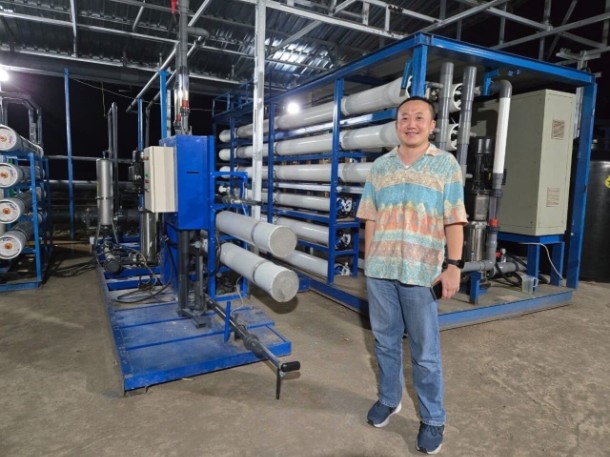
Q: How do projects such as Pasar Tanah Abang Blok B reflect your market position in the property sector?
The Tanah Abang area is known as the economic centre of Indonesia. It has more than 18,000 shops that we lease, own, and rent. I also consider it the market leader in the Indonesian property development sector, especially for the wholesale market.
Q: What opportunities do you see for investors in Indonesia?
Indonesia is currently the largest economy in Southeast Asia, and it is predicted to be the fourth-largest economy in the world by 2045. It is considered a very promising country for business opportunities, partnerships, and collaboration.
I see strong opportunities for both local and foreign investors to collaborate with the government and explore avenues for expansion. For example, in Bali, there is a government-owned complex called Indonesia Tourism Development Corporation, which manages an area that consists of 55 hotels from Sofitel to St. Regis Resort. All of these places produce wastewater, and this is collected in a 20-hectare pool where it is recycled and supplied back to the hotels. We received a concession and started working with the government last year.
